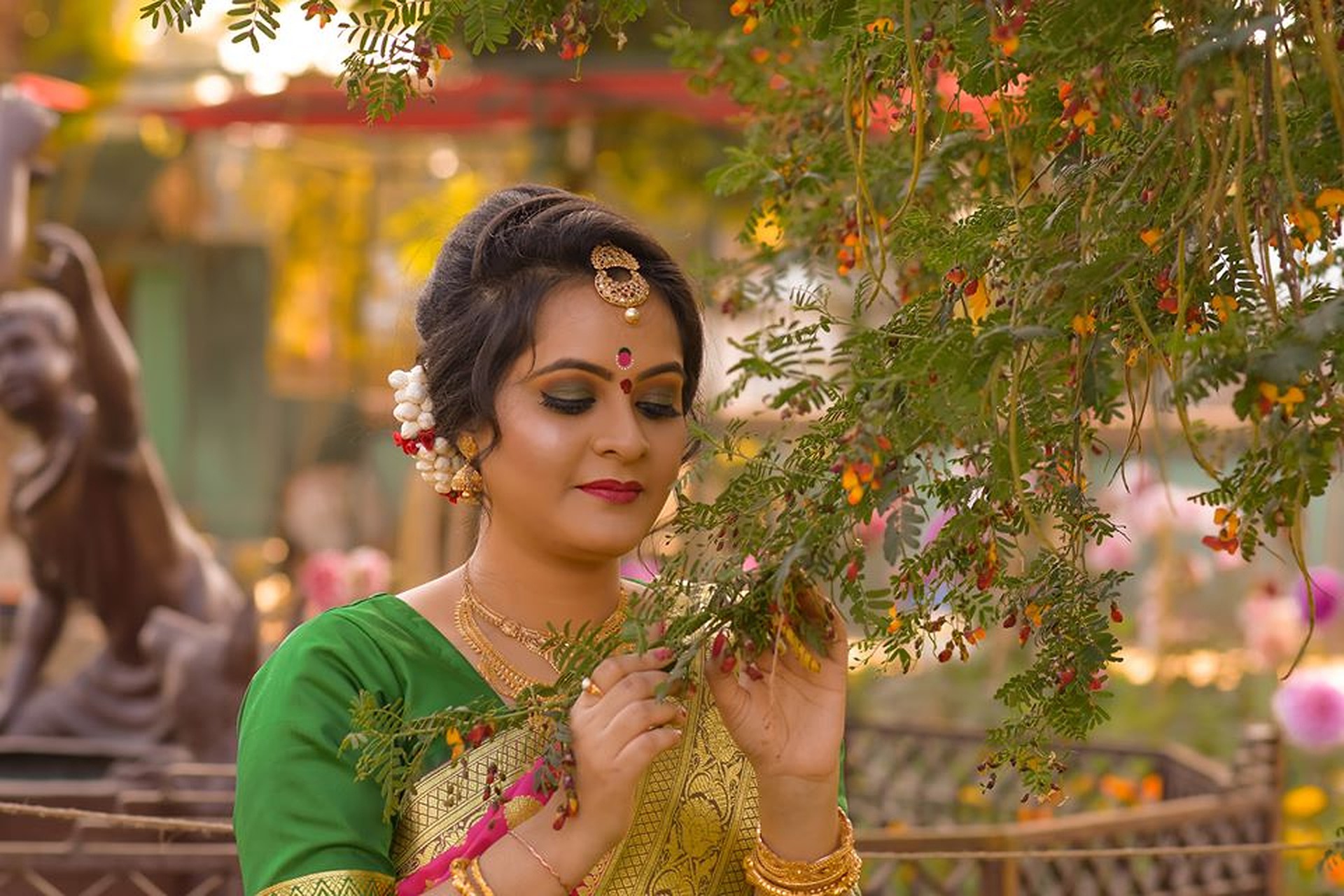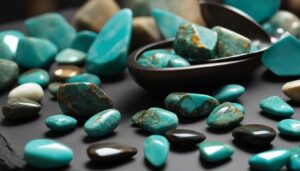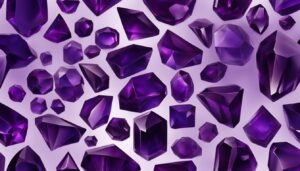If you are pregnant and are wondering if henna can be used during pregnancy, then you have come to the right place. If you’re an aspiring mom looking for the answer, read on to find out if you can actually safely use hand and foot henna during pregnancy.
Henna can be done while pregnant if the paste is made from natural sources. This is because henna merely stains the skin and does not penetrate to where the fetus is. However, some henna pastes may be unsafe because of the heavy metals used to produce them; unnatural colors are most likely to contain such metals.
There are many different ways to make a henna product, and some products are not considered safe for pregnant women, so let’s dive into what you’re looking for.
When choosing a henna master, it is very important to ensure that the ingredients used are safe to use during pregnancy. While henna is generally safe to use during pregnancy, there are a few conditions you should check before deciding to color your eyebrows. If you have any medical conditions, it is recommended that you consult your doctor before applying henna to your hands or hair.
Natural Henna Can be Fine for Pregnant Women
If you use natural henna and you are not allergic to it, you can apply henna to your hands and hair during pregnancy. Natural henna or mehendi with no added chemicals is safe for skin and hair during pregnancy. Pure henna hair dye during pregnancy is not only very safe, but it nourishes and adds shine to your hair.
If you don’t have a specific allergy to henna products, dyeing your hair during pregnancy shouldn’t cause any problems. If you used black henna to dye your hair before you became pregnant, you should stop the practice as soon as you become pregnant. In short, if you want to use hair dye and want a safe alternative to chemical hair dye, consider henna.
Semi-permanent plant dyes like henna are recommended by the NHS as a safe alternative if you don’t want to use chemical hair dyes. If you like to dye your hair, you may need to skip this procedure during pregnancy, as chemical dyes can pose a risk to you or your unborn baby. Research has not yet found a significant link between hair color and pregnancy, and most women are advised to avoid chemical-based dyes for at least the first trimester.
Henna Is Known to be Safer than Hair Dye
In fact, henna is often recommended as a safe alternative to regular hair dye because many of the chemicals in regular hair dye can be dangerous during pregnancy. Combined with other ingredients, it provides extra nourishment to the hair and also reduces dandruff. Natural henna or mehendi is often used as an alternative to chemical hair dyes and can be used to decorate hands and feet at festivals such as Karva Chauth, Diwali, Eid or Teej.
All-natural henna removes excess body heat and cools your system, and protects you from various skin diseases and fungal infections. Henna is vegan and henna dyes do not contain peroxide activators, which means that even people with sensitive skin can choose this product. Of course, henna is limited in that it can only be used as a brown to red hair dye (depending on your original color) as it is a dye color derived from the henna plant. The most common types of henna used to decorate hands and color hair are the so-called red or brown henna and black henna.
The Chemistry of Henna Materials
Henna is a natural dye that colors the skin, creating shades where your eyebrow hairs are lacking or fuzzy. Henna stains naturally orange/red, and the color becomes more intense and darker as the stain oxidizes on the skin.
After a few hours (or the next morning), the dried henna is washed off, leaving a beautiful stain that can vary in color. Apply henna paste at least 48 hours before the procedure for 20 minutes on the skin and remove the paste after that, so that there is enough time to check if the body reacts or not. Try henna first by applying it to a small area of your hair or skin and leave it on for 30 minutes. If you want to apply henna to your hair for coloring or conditioning, it is recommended that you do it in a salon or have someone help you.
Yes, just like henna hair dye, henna eyebrow dye is very safe as long as you use a 100% natural henna product. Overall, henna is a safe and natural dye and by far the best alternative to commercial dyes that may contain harsh chemicals. Raw henna is made from the leaves of the henna plant, not mixed with any other chemical ingredients, and is considered completely safe even during pregnancy. Natural henna is derived from the plant itself, contains no chemicals and is considered harmless to pregnant women.
Many Safe Henna Brands Are Available
All of these plant-based henna products that you can buy at stores like Lush and Neals Yard are safe to use during pregnancy. None of these homemade ingredients contain chemicals that can have a serious damaging effect on the skin even during pregnancy, so if you can make a cone of your homemade henna, it is considered safe enough to apply on your hands and feet during pregnancy.
Henna can be a beautiful and natural way to add some beauty and change to your pregnancy if you know how you use it and what ingredients are in the products you choose. Always remember that taking henna during pregnancy is generally safe, but it can still pose risks.
If you had a reaction after applying henna before pregnancy, there is a good chance that you still have it. If you experience nausea, joint pain, bleeding or discharge, or high blood pressure while applying henna or immediately after contacting a doctor. The pure form of henna has no side effects, so using mehendi during pregnancy is absolutely safe for you and your baby.




